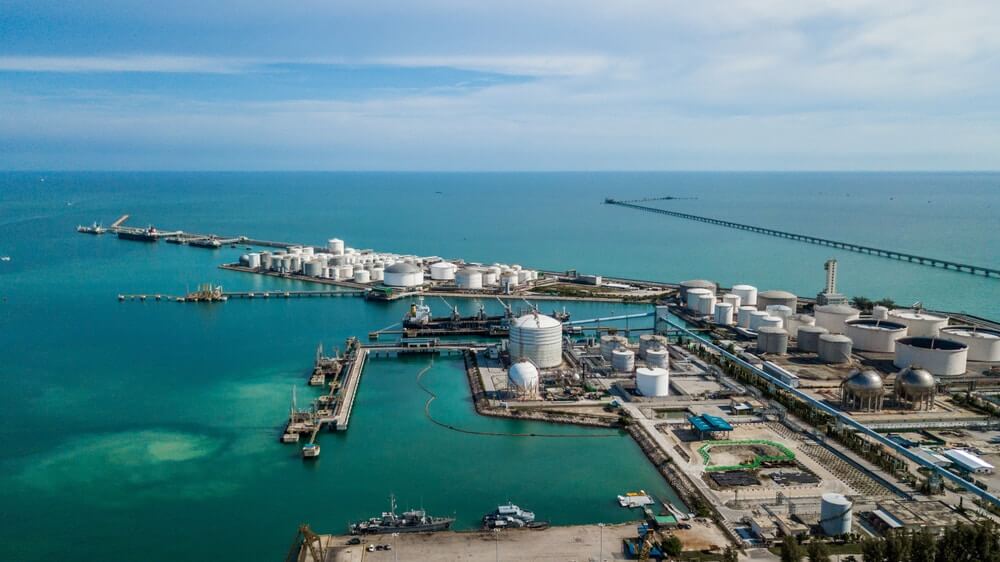
Russian Oil Ban Over the War in Ukraine
Countries in the European Union will stop importing Russian oil and refined goods, said the president of the bloc’s executive European Commission on Wednesday, proposing a sixth wave of sanctions against Moscow for its involvement in the Ukraine conflict. “Within six months, we will phase out Russian crude oil supply, and by the end of the year, we will phase out refined Russian products,” Ursula von der Leyen told the European Parliament; her speech sparked applause from legislators.
On Wednesday, oil prices rose after the European Union, the world’s largest trade bloc, announced plans to phase out Russian oil imports; offsetting demand concerns in top importer China.
By 1121 GMT, Brent crude futures had risen $3.99, or 3.8 percent, to $108.96 per barrel. West Texas Intermediate crude futures increased $4.05, or 4%, to $106.46 per barrel.
European Commission President Ursula von der Leyen recommended a phased oil embargo on Russia over its war in Ukraine on Wednesday; she penalized Russia’s central bank for isolating Moscow further.
Investors are also anticipating an announcement from the Federal Reserve of the United States on Wednesday. It is likely to step up its efforts to combat excessive inflation by raising interest rates and shrinking its balance sheet.
According to market sources quoting American Petroleum Institute data, oil and fuel stockpiles in the United States dropped last week. Crude inventories declined by 3.5 million barrels in the week ending April 29.
BP Reports Soaring Profits
BP’s earnings reflected a broader shift in the oil business, with corporations prioritizing the health of their balance sheets over new drilling projects. BP announced $1.6 billion in share buybacks in the first quarter, with an additional $2.5 billion in anticipated buybacks. The British conglomerate also paid down $3.1 billion in debt during the first quarter; this reduced its net debt to $27.5 billion. Meanwhile, the business announced a dividend increase of $5.46 per share, up from $5.25 per share last year. The emphasis on fiscal discipline was especially noticeable during a quarter; the global oil benchmark averaged $102 per barrel, amid growing concerns about supply disruptions.
BP’s combined oil and gas production fell 3% in the first quarter compared to the same period in the previous year; hence, company executives predict output to remain flat for the rest of 2022.




